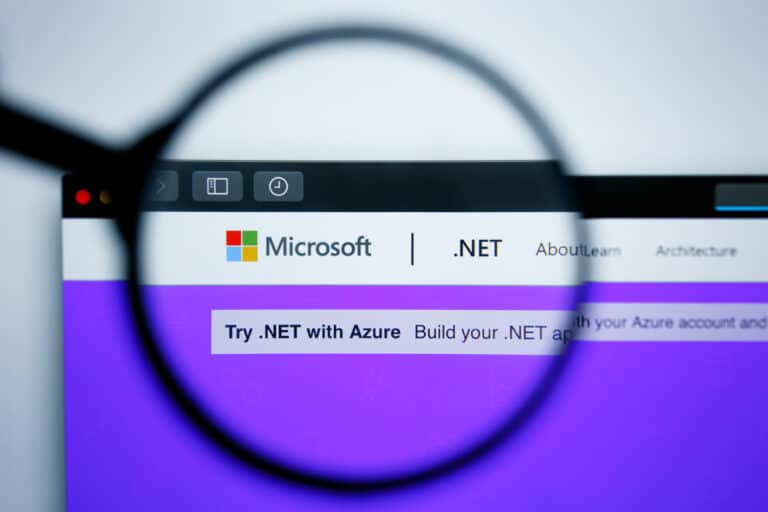The company says this release marks the first step towards the future of the platform.
Microsoft has announced the next major milestone for the .NET platform with the release of the first preview of .NET 7. The language recently celebrated its 20th anniversary.
This release will build off foundations laid in .NET 6, such as a unified set of base libraries, runtime, and SDK; a simplified development experience, and improved productivity for developers.
According to Microsoft, .NET 7 builds on the foundation established by .NET 6. It will include improved support for cloud-native scenarios, tools to make it easier to upgrade legacy projects, and will simplify the developer experience by making it easier to work with containers. In Preview 1, Microsoft is introducing annotations to APIs to support nullability, ongoing JIT compiler optimizations, new APIs, and support for more hot reload scenarios.
Jeremy Likness, senior program manager for .NET Data, announced the release in a blog post. “Today, we are excited to announce the next milestone in the history of .NET”, he wrote. He added that the Preview “marks the first step forward towards the next 20 years of .NET.”
Support for Cloud Native and containers
“Cloud native apps are built from the ground up to take advantage of modern, web-based resources such as database services and hosted containers,” Likness continues. “The cloud native architecture can improve scale in large applications by creating autonomous subsystems (commonly referred to as microservices) that are deployed and scale independently from other areas of the application while lowering costs in the long term.”
Likness says that the .NET 7 will make it easier to build cloud native apps by exploring improvements to the developer experience. This includes simplifying the setup and configuration necessary to implement secure authentication and authorization. It also means improving the performance of application startup and runtime execution.
“A global and diverse team of engineers at Microsoft in collaboration with a highly engaged community of developers are building .NET 7,” Likeness wrote.”The broad .NET community, including everyone from students and hobbyists to open-source contributors and enterprise customers, are at the heart of .NET. They propose new ideas, contribute code regularly, and drive the .NET ecosystem forward.”
“We appreciate and thank you for your support, contributions and insights. Welcome to .NET 7,” he concluded.
